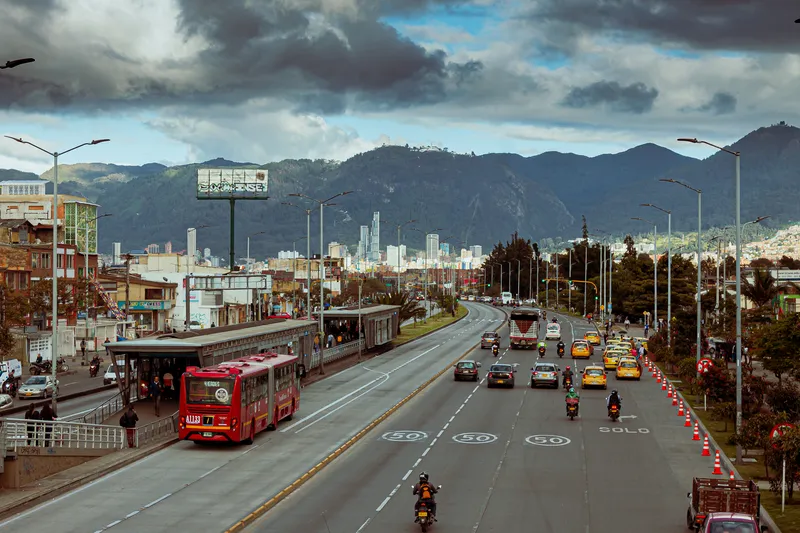In a bid to highlight the ongoing problem of pollution from vehicles, London is to stage its biggest car-free day yet on 22 September.
The Sunday date has been timed to coincide with World Car Free Day, which encourages motorists to give up their cars for a day. This type of activity is increasingly popular in cities worldwide – with Bogota, Colombia, and Jakarta, Indonesia, among the early adopters – as authorities wake up to the health impacts.
More than half of air pollution in the UK capital is caused by vehicles, and is thought to be responsible for 9,000 early deaths each year.
London mayor Sadiq Khan said 12.3 miles of roads will be closed in the centre of the city.
“I encourage as many Londoners as possible to join in the fun and see the city from a different perspective,” Khan said.
A variety of events will be held promoting alternative modes, such as public transit, cycling and walking. Charity London Play is using funding from
London to have ‘car-free day’ in September
In a bid to highlight the ongoing problem of pollution from vehicles, London is to stage its biggest car-free day yet on 22 September.
The Sunday date has been timed to coincide with World Car Free Day, which encourages motorists to give up their cars for a day. This type of activity is increasingly popular in cities worldwide – with Bogota, Colombia, and Jakarta, Indonesia, among the early adopters – as authorities wake up to the health impacts.
More than half of air pollution in the UK capital is ca
June 21, 2019
Read time: 2 mins










